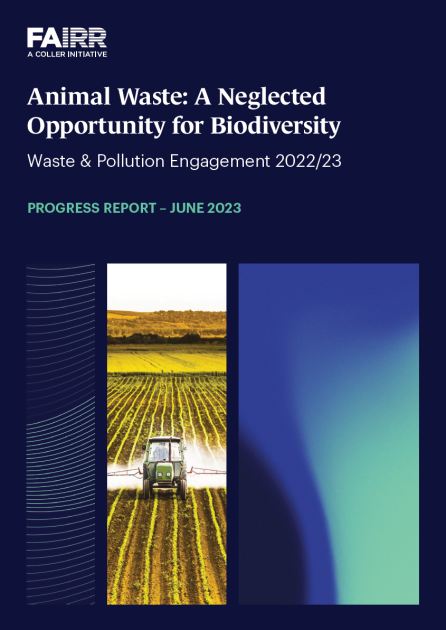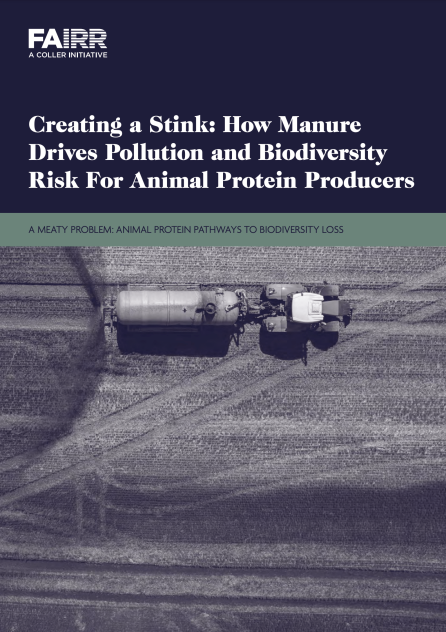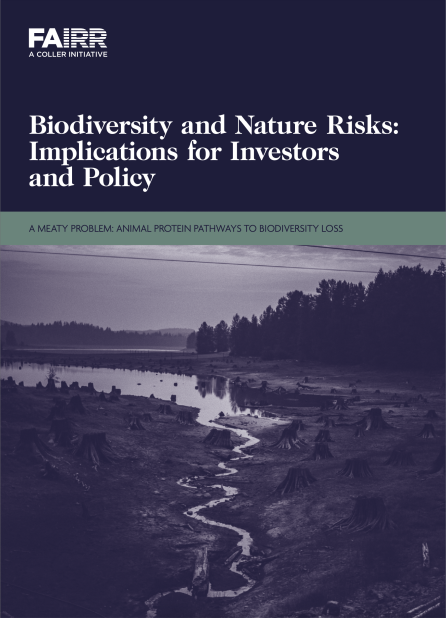
Waste & Pollution Engagement
Engagement Overview
Background
This engagement focuses on waste and pollution, which has been identified as a key driver of biodiversity loss by the Intergovernmental Science-Policy Platform on Biodiversity and Ecosystem Services (IPBES), while also being tightly interlinked with climate change, and water scarcity and quality.
Agriculture is one of the main sources of pollution, particularly in water, largely due to the improper or excessive application of synthetic and organic fertilisers, animal waste from processing facilities, and the treatment and disposal of animal manure, more broadly.
Nutrient-rich compost from livestock manure and other organic waste is a valuable complement to chemical fertilisers, given that it helps build soil organic matter and contribute to soil health and structure.
However, the intensification of meat and dairy production, combined with poor management of manure and animal waste, is a primary contributor of nutrient loss to the environment, a planetary boundary already vastly exceeded.
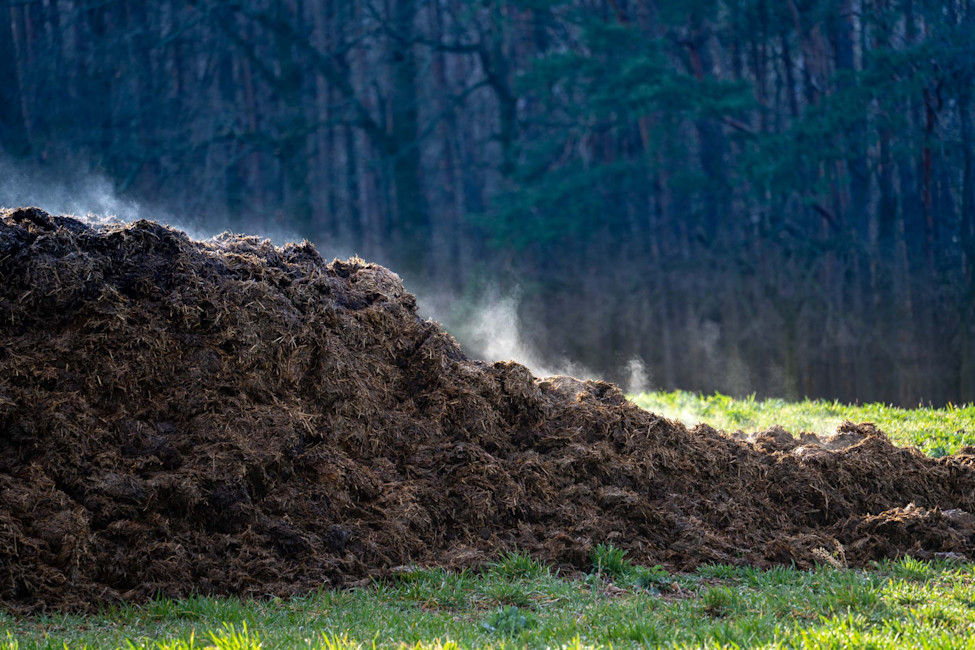
Selected Companies
The 10 publicly listed pork and poultry producers in this engagement were selected due to their respective market share in pork and/or poultry, the animals least likely to be pasture-raised globally, and to ensure the engagement cohort was balanced in its geographic representation. They are also assessed as part of the Coller FAIRR Protein Producer Index.
The two fertiliser producers were identified as potential enablers of a circular economy and selected due to their expertise, infrastructure and ability to capture opportunities that could arise as other industries seek to tackle nutrient pollution.
Material Risks
The physical risks of polluted and eutrophic freshwater and marine ecosystems are often borne by government entities and downstream marine industries such as aquaculture, while meat and dairy companies face various transition risks. Companies can face unexpected loss of revenue or increased costs and capital investment when local communities oppose planned expansions or, in some cases, litigate to gain compensation for water and air pollution.
Stricter regulations to protect downstream ecosystem services, often an escalation of this community opposition, is being considered in some markets, such as the UK. Any reform to farming regulations that aims at upgrading slurry management would require additional investments, which might be challenging for farmers given their debt levels and limited additional borrowing capacity, unless they receive financial support from the companies they supply or subsidies. Stricter requirements for wastewater discharged at processing plants could also make processing facilities unprofitable, given the high cost of upgrading wastewater treatment installations.
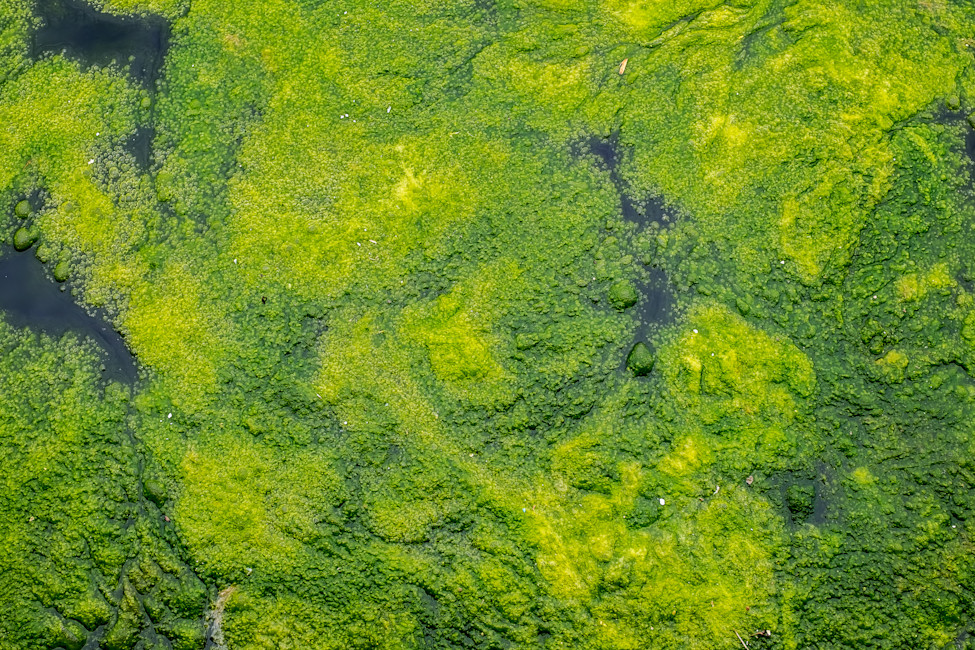
Investors Signed On
The first cycle of this engagement is now complete. The final progress report, The Cost of Contamination: Addressing Water Pollution Risks in Intensive Animal Agriculture, was published in September 2025.

